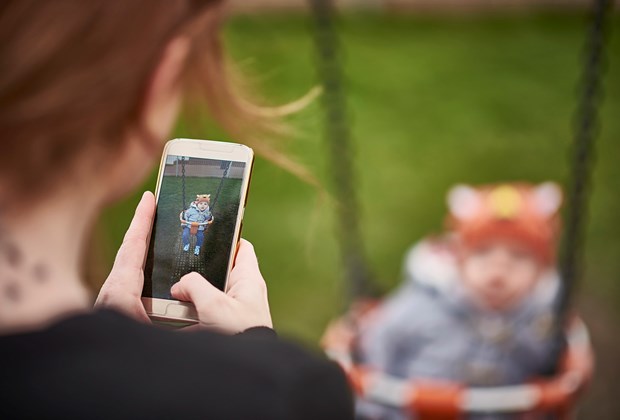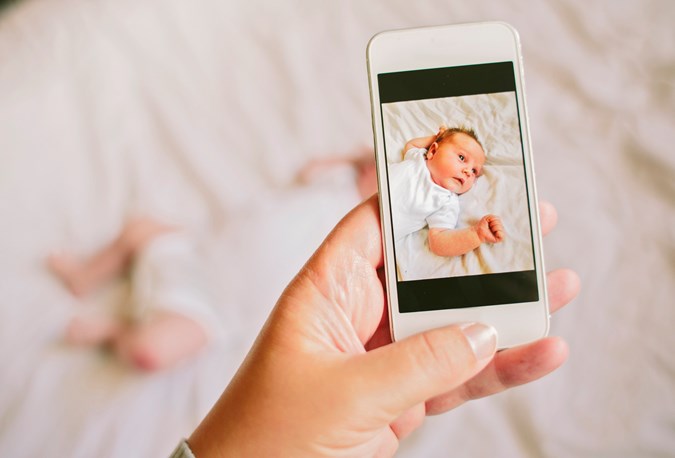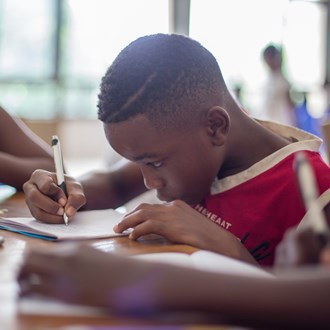WARNING FOR PARENTS: Sharing photos of your kids online may lead to “digital kidnapping”

So scary
While most parents love to post photos of their kids on their Facebook page or Instagram accounts, researchers warn that ‘sharenting’ may pose a range of problems for children down the track.
Screenshots and internet archive sites can perpetuate the life of social media posts long after they’ve been deleted, according to experts from Macquarie University.
Shared photos of children such as their first steps or their first day at day care may become a permanent record, regardless of your social media accounts privacy settings.

Getty Images
“We are moving into uncharted waters on the internet, and photos of their kids that parents might previously have stuck in an album or emailed to a relative, are now shared and made widely available on sites like Instagram,” says Dr Wayne Warburton, Associate Professor in Developmental Psychology at Macquarie University.
Apart from just being an invasion of privacy, ‘digital kidnapping’ can see images of children being stolen from social media platforms for use in advertising, fake social media profiles, identify theft, and most disturbingly, placed on paedophile image-sharing sites.
Dr Joanne Faulkner, an ARC Future Fellow in Macquarie University’s Department of Media, Music, Communication and Cultural Studies, says that mothers in particular are driven to post photos of their kids in order to present a particular image of themselves, or to reconnect with their own childhood.
“Some parents re-engage with this purer aspect of themselves vicariously through their children, and their children become a resource that lets them access this inner self,” she explains.

Getty Images
Sharing a child's photos without their knowledge or consent can be seen as a violation of both their privacy and their rights, experts say.
“Some parents use their children’s images for the purposes of upward social comparison, where they want other people to envy them,” says Dr Wayne Warburton, Associate Professor in Developmental Psychology at Macquarie University.
“In those instances, you're not thinking about the child at all, you’re focusing on your own status.”
Before posting photos online, Associate Professor Warburton urges parents to communicate with their children, avoid doing anything without their permission, and have conversations about the long-term consequences of sharing personal information.
“We all know that when you go for a job or someone wants to find out about you, they will first go online to find out about you, so those embarrassing photos of your kid picking his nose when he was six, could have devastating consequences.”
These habits could also later protect teenagers from making poor decisions about sharing nude images or explicit material, he added.
To read the full report, visit lighthouse.mq.edu.au

Nicola Conville has worked as a journalist and editor for more than 20 years across a wide range of print and online publications. Her areas of expertise are parenting, health and travel. She has two children; Lucy, age eight, and Nathan, age five.






